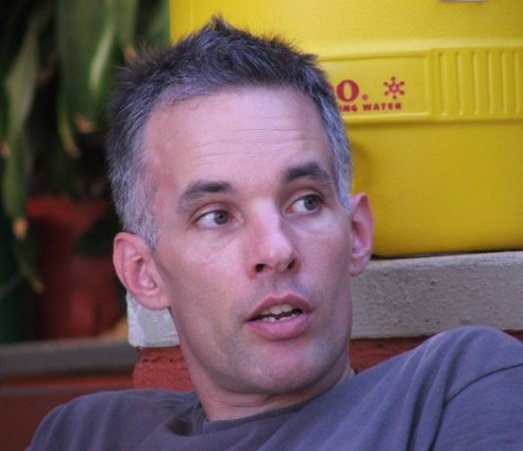When Bankei held his seclusion-weeks of meditation, pupils from many parts of Japan came to attend. During one of these gatherings, a pupil was caught stealing.
The matter was reported to Bankei with the request that the culprit be expelled. Bankei ignored the case.
Later the pupil was caught in a similar act, and again Bankei disregarded the matter. This angered the other pupils, who drew up a petition asking for the dismissal of the thief, stating that otherwise, they would leave in a body.
When Bankei had read the petition he called everyone before him. “You are wise brothers,” he told them. “You know what is right and what is not right.
You may go somewhere else to study if you wish, but this poor brother does not even know right from wrong. Who will teach him if I do not? I am going to keep him here even if all the rest of you leave.”
A torrent of tears cleansed the face of the brother who had stolen. All desire to steal had vanished.
Reading this started me thinking about how we use the justice system in our society.
Should people be punished for society failing them?
To begin considering this, you need to believe that people don’t intentionally do something wrong.
If they don’t intentionally do the wrong thing, why was it done?
How much of the reason for the wrongdoing relates to society letting them down?
We are all products of our environment, and as a society, we are responsible for the environment that we create.
With prison populations growing, and prisons becoming overcrowded, it is time we started a conversation about whether the “system” is meeting the needs of society?
If we can rethink our education system, why can’t we rethink our “justice” system?

Cameron Blewett is an independent writer and publisher. He helps professionals and organisations turn complex ideas into clear, authoritative writing through Dark Quill Agency. His work spans projects including GreyBeardedVegan.blog, ItsAllAbout.coffee and VeganStoic.com.
Have you seen these recent posts?
- Silence Is a Statement
- The Myth of Work-Life Balance
- Real Change Doesn’t Go Viral
- Who Really Owns Your Time?
- Raising Kids in a Filtered World
- Comfort is the New Addiction
- Why We Don’t Talk to Strangers Anymore
- The Slow Death of Common Sense
- We Need To Write More
- No, You’re Not Too Late
- Ethics Shouldn’t Be a Niche
- Be Unavailable to Bullshit

Cameron Blewett is an independent writer and publisher. He helps professionals and organisations turn complex ideas into clear, authoritative writing through Dark Quill Agency. His work spans projects including GreyBeardedVegan.blog, ItsAllAbout.coffee and VeganStoic.com.
